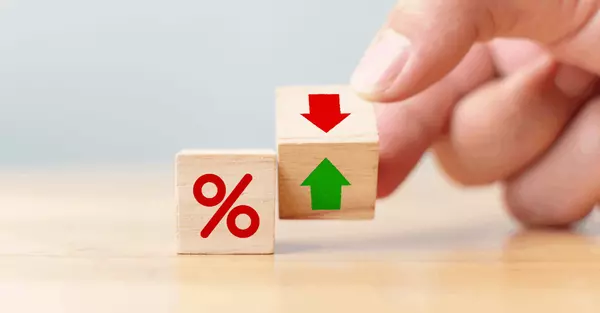

What Are the Tax Implications of Owning a Home in Retirement
Owning a home in retirement affects taxes in several ways: property taxes, mortgage interest deductions, capital gains on sale, and potential impacts on need-based benefits. Understanding these elements helps you plan smarter. Property taxes and relief programs Property taxes remain a recurring cost
Read More

Should Prince William County Buyers Wait for Rates to Fall?
Mortgage rates have been on a roller-coaster ride in 2025. After peaking at 7.04% in January, rates pulled back to the mid-6% range by March, only to bounce again and settle between 6.7% and 6.9% from early May onward. By the last week of July, the 30-year fixed averaged 6.72%, up 5 basis points for
Read More

How Low Interest Rates Are Fueling Northern Virginia's Housing Market
The housing market in Northern Virginia has seen unprecedented growth in recent years, fueled in part by historically low interest rates. As potential buyers capitalize on these favorable financial conditions, the region has become a competitive landscape for both homebuyers and investors. In this b
Read More

Should You Wait or Buy Now? Making Smart Real Estate Decisions in 2024
The question of whether to wait or buy a home has always been a significant one for prospective homebuyers. However, in 2024, this decision has taken on new complexities due to a few of factors affecting the real estate market. Fluctuating interest rates, changing economic conditions, and shifting b
Read More
Categories
Recent Posts










